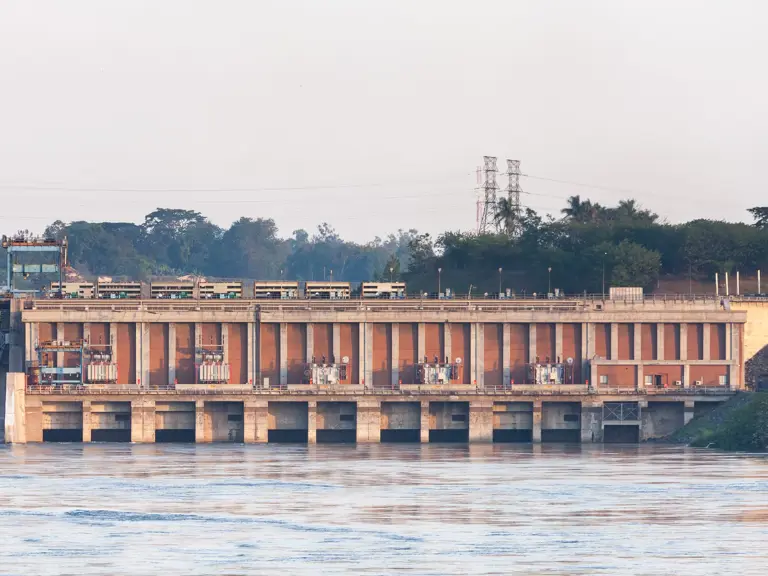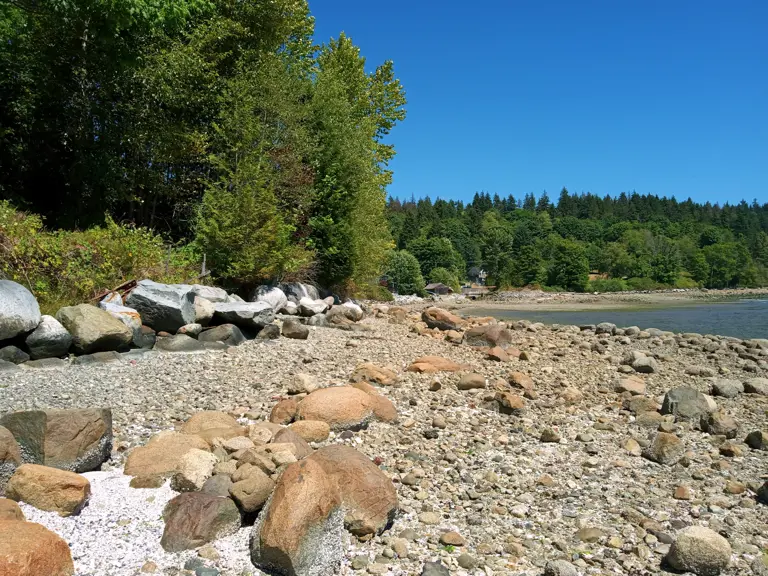Our projects
Making a positive impact on the planet motivates us to take on and solve global water challenges. Through our projects, we support the UN Sustainable Development Goals together with clients and partners from all over the world. From developing offshore wind farms, to safeguarding cities from flooding, protecting shorelines from erosion and enriching biodiversity in water basins.
Explore our projects

Project

Project

Project

Project

Project